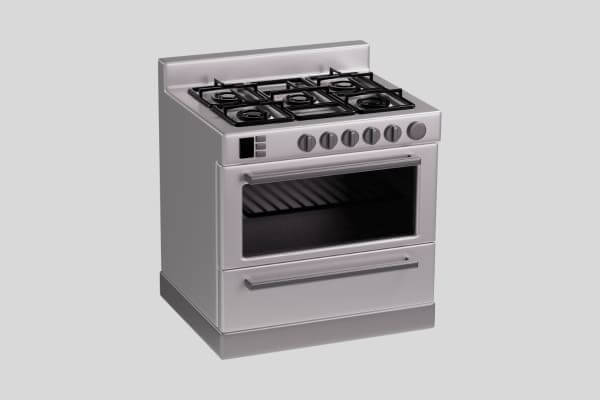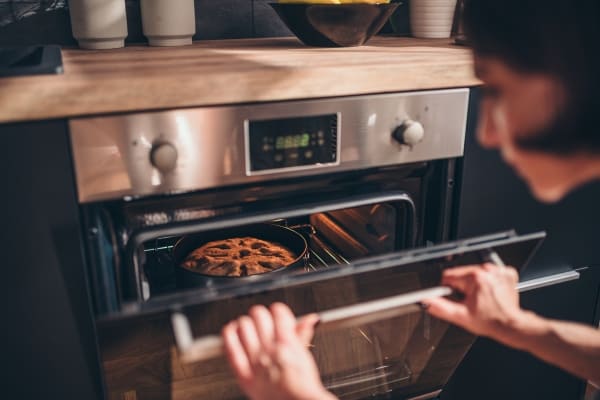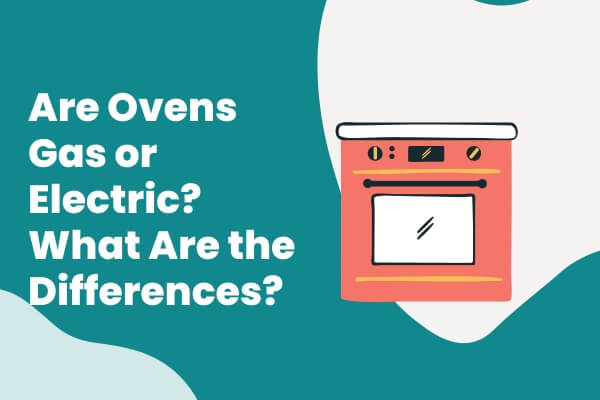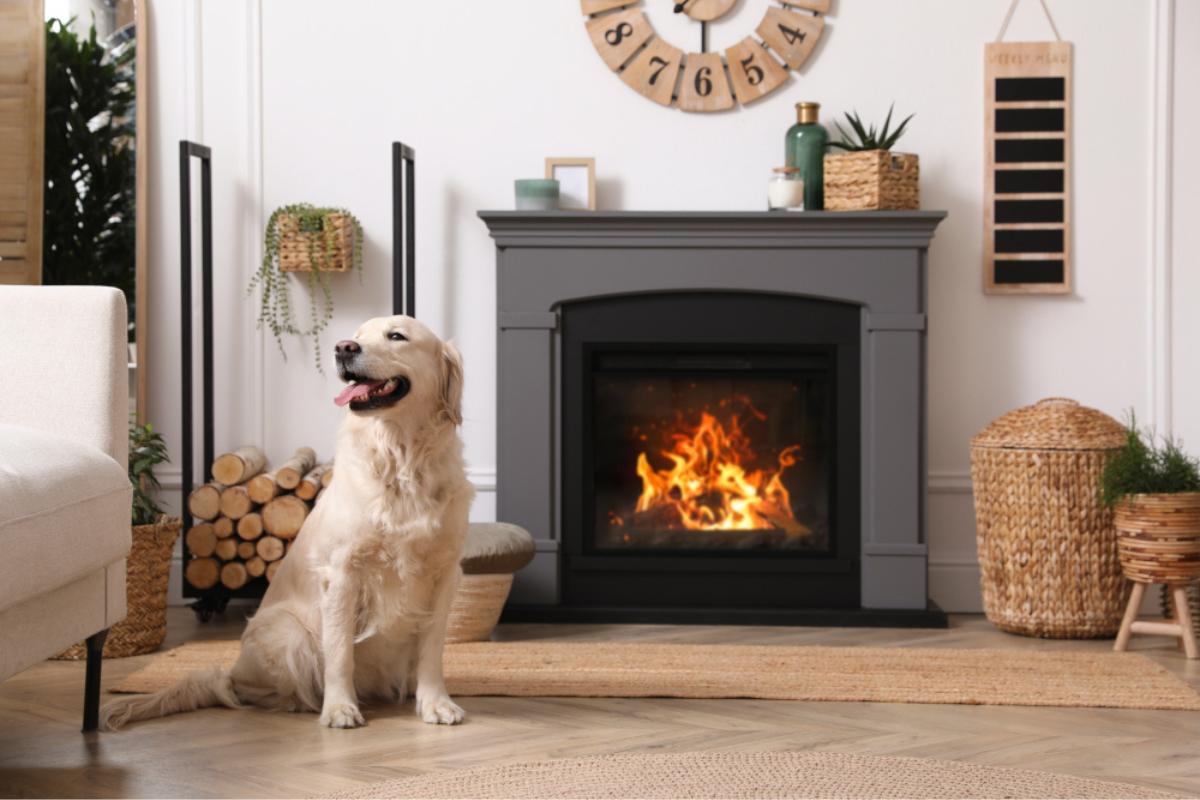The choice between gas and electric ovens is a common dilemma when outfitting a kitchen or replacing an existing range. Understanding the differences between these two types of ovens is crucial for making an informed decision. Gas ovens utilize natural gas or propane to generate heat, while electric ovens rely on electricity. Each type has advantages and disadvantages that can significantly impact cooking performance, energy efficiency, and overall convenience.
This comprehensive exploration will explore the working mechanisms, benefits, drawbacks, and critical factors to consider when choosing between gas and electric ovens. You’ll better understand which option best fits your cooking preferences and needs by the end. Are ovens gas or electric? Let’s uncover the answer and make an informed choice.
Are ovens gas or electric?

When it comes to the question of whether ovens are electric or gas, it’s important to note that both options are available in the market. Ovens are essential kitchen appliances for baking, roasting, and cooking food. They come in various types, but the two primary categories are gas ovens and electric ovens.
Differences between Gas and Electric Ovens
Differences between Gas and Electric Ovens:
Fuel Source
Gas ovens utilize natural gas or propane as their fuel source. In contrast, electric ovens rely on electricity for operation. Gas ovens are connected to a gas supply, whereas electric ovens must be plugged into an electrical outlet.
Heat Distribution
When it comes to heat distribution, gas ovens have the advantage of heating up more quickly and using less energy. The direct flame in a gas oven provided instant heat, resulting in faster preheating times and reduced cooking durations. On the other hand, electric ovens heat more evenly throughout the oven cavity. They typically feature heating elements at the top and bottom, which ensure consistent heat distribution, resulting in uniform cooking outcomes.
Moisture
Gas ovens release some moisture during the cooking process. This moisture helps prevent food from drying out, making it a preferred choice for recipes that require maintaining moisture in the dish. Electric ovens, however, produce drier heat. The absence of moisture in the oven cavity allows roasted foods to crisp up and develop a desirable texture.
Cooktops
Many cooks prefer gas stovetops because they can char foods directly over an open flame. The flame provides intense heat, making it suitable for techniques like searing and stir-frying. On the other hand, electric stovetops have the potential for more even heat distribution across the cooking surface. This can be advantageous for tasks that require precise temperature control, such as simmering sauces or melting chocolate.
Costs
Operating gas ovens tends to be cheaper in the long run when considering costs. Natural gas or propane is generally less expensive than electricity, resulting in lower energy bills. However, it’s worth noting that electric ovens have the potential to run on renewable energy sources like solar or wind power, making them a more environmentally friendly option for those concerned about sustainability.
Safety
Regarding safety, gas ovens pose some risks, including the potential for gas leaks. It’s crucial to ensure proper installation and maintenance to minimize these risks. Gas ovens also feature open-flame cooktops, which bring fire into the kitchen. Electric ovens, especially those with induction cooktops, offer a safer alternative as they do not generate a hot surface. Induction cooktops heat the cookware directly through electromagnetic fields, making them cool to the touch and reducing the risk of burns.
The choice between a gas and electric oven depends on factors such as desired cooking speed, temperature control, moisture retention, cooktop preferences, operating costs, and safety considerations. It’s recommended to weigh these factors based on your specific needs and preferences to determine the most suitable oven for your kitchen.
Which Type of Oven is Right for You? Gas or Electric Oven?

Choosing the correct type of oven, whether gas or electric, depends on several factors that cater to your specific needs and preferences. Consider the following points to help you make an informed decision:
Cooking Style and Preferences
Assess your cooking style and the types of dishes you frequently prepare. Gas ovens are known for their ability to heat up quickly, making them suitable for tasks that require rapid preheating and shorter cooking times. They are favored by those who enjoy techniques like searing, broiling, or charring foods directly over an open flame. On the other hand, electric ovens provide precise temperature control and even heat distribution, making them ideal for recipes that require consistent baking or roasting.
Heat Distribution and Performance
Evaluate the importance of heat distribution and performance in your cooking. Gas ovens tend to have hot spots and uneven heat distribution, leading to variations in cooking results. Electric ovens, with their heating elements located at the top and bottom, offer more consistent heat distribution, ensuring that your dishes are cooked evenly throughout. If you frequently bake delicate pastries or cakes that require precise temperature control, an electric oven might be the better choice.
Moisture and Crispness
Consider your preference for moisture retention or crispness in your dishes. Gas ovens release some moisture during cooking, which can help prevent food from drying out. This is particularly useful for recipes that require moist or succulent results. On the other hand, electric ovens produce a drier heat that promotes crispness. An electric oven might be more suitable for enjoying roasted foods with a crisp exterior.
Energy Efficiency and Operating Costs
Evaluate the energy efficiency and operating costs associated with each type of oven. Gas ovens are generally more energy-efficient, and natural gas or propane tends to be less expensive than electricity. However, it’s worth considering the availability and pricing of gas in your area. Electric ovens have the potential to run on renewable energy sources like solar or wind power, which can be environmentally friendly and cost-effective in the long run.
Safety Considerations
Take into account safety factors when making your decision. Gas ovens carry the risk of gas leaks, so proper installation, maintenance, and ventilation are essential for safety. Electric ovens, particularly those with induction cooktops, offer a safer option as they do not generate a hot surface, reducing the risk of burns. If safety is a primary concern, electric ovens might be preferable.
Ultimately, the right oven depends on various factors, including cooking style, desired cooking results, energy efficiency, operating costs, and safety considerations. It’s recommended to weigh these factors based on your needs and preferences to determine whether a gas or electric oven best fits your kitchen.
Conclusion
Gas and electric ovens each have their unique features and advantages. Gas ovens offer faster heat-up times, charring capabilities, and lower operating costs, while electric ovens provide precise temperature control, even heat distribution, and a drier cooking environment. When deciding between the two, consider your cooking style, desired cooking results, energy efficiency, costs, and safety concerns. Ultimately, your best choice depends on your specific needs and preferences.






